In a thought-provoking twist, recent psychological research suggests that self-control is not good for mental health (always), challenging the widely-held notion of its universal benefits in our fast-paced and distracting world.
Why Self-Control Is Not Good For Mental Health?
In today’s fast-paced world, distractions abound, and the battle to stay focused and consistent in our pursuits has never been more challenging.
As a result, the trait of self-control has been increasingly praised and put on a pedestal as a crucial tool to combat the allure of modern distractions and achieve our goals.
However, recent psychological insights on self-control shed light on some unexpected pitfalls of always relying on self-control, indicating that the balance between regulation and spontaneity is key to maintaining optimal mental health.
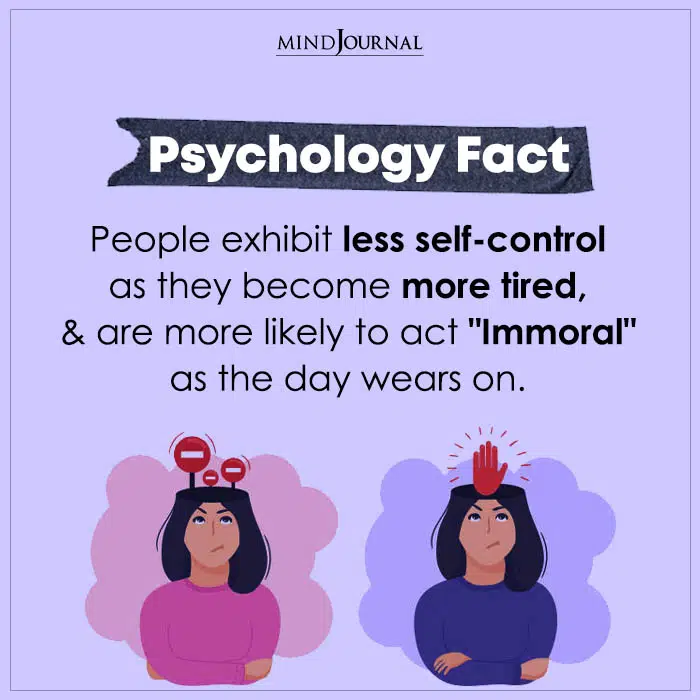
Read more here: Can You Think Your Way to Well-being?
Self-Control Can Fuel Aggressive Behavior
Traditionally, self-control has been viewed as a means to curb aggressive tendencies and violent behaviors. People often seek self-control programs when they fear their propensity for violence.
However, a groundbreaking meta-analysis conducted by Virginia Commonwealth University social psychologist David Chester revealed surprising results.
Contrary to common belief, boosting self-control does not necessarily lead to reduced aggressive behavior, but self-control can fuel aggressive behavior.
The research found that aggression activates the prefrontal cortex—the seat of self-control and higher-order thinking.
Astonishingly, individuals with psychopathic tendencies, despite their lack of empathy, have demonstrated developed self-control in their teenage years.
This challenges the assumption that a lack of self-control is solely responsible for violent streaks.
Instead, self-control should be understood as a tool to manage specific situations, while sometimes giving in to gut instincts can deter us from acts of retribution.
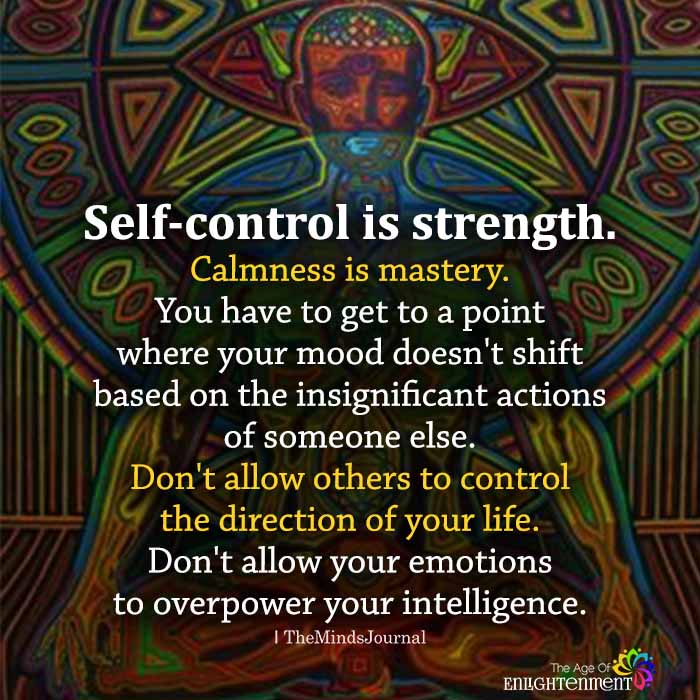
Read more here: 8 Steps To Regulate Your Emotions When They Drive You Crazy
Self-Control Can Result In Sub-Optimal Decision-Making
Self-control is essentially a series of decisions that favor long-term gratification over immediate gains.
While this trait can be beneficial, excessive exertion of self-control can result in sub-optimal decision-making—a state where mental energy is depleted, leading to flawed and potentially harmful decisions.
A pioneering study by social psychologist Roy Baumeister involving chocolates exemplified this phenomenon.
Participants who resisted the temptation of chocolates were more likely to give up quickly on subsequent analytical tasks.
The depletion of mental energy from exerting willpower influenced their decision-making, resulting in reduced perseverance.
This real-world effect was further demonstrated in a study by Jonathan Levav of Stanford and Shai Danziger of Ben-Gurion University.
They found that judges were more likely to grant parole early in the day when their decision-making energy was high. As the day wore on, decision fatigue set in, causing a decline in the rate of parole grants.
Read more here: The 90-Second Rule That Builds Self-Control
The Key To Harnessing Self-Control Is Achieving Balance
The insights from these psychological studies highlight that the key to harnessing self-control is achieving balance.
Embracing spontaneity and giving in to our occasional spur-of-the-moment desires can be essential for our mental well-being.
Relying solely on self-control without allowing ourselves to be carefree can lead to unintended consequences.
It’s crucial to recognize when self-control is necessary to navigate distractions and reach our goals, and when it’s alright to relinquish control and enjoy moments of spontaneity.
By finding this equilibrium, we can harness the power of self-control without succumbing to its potential pitfalls.
Self-control remains a valuable mental tool that helps us achieve our objectives and regulate our behaviors.
However, psychological studies have revealed that self-control is not good for mental health always.
Understanding that self-control is context-dependent and that spontaneity has its merits allows us to strike a balance that fosters mental well-being.
So, next time you find yourself praising or criticizing someone’s self-control, remember there’s more to the story, and embracing occasional carefreeness might just be what the mind needs.

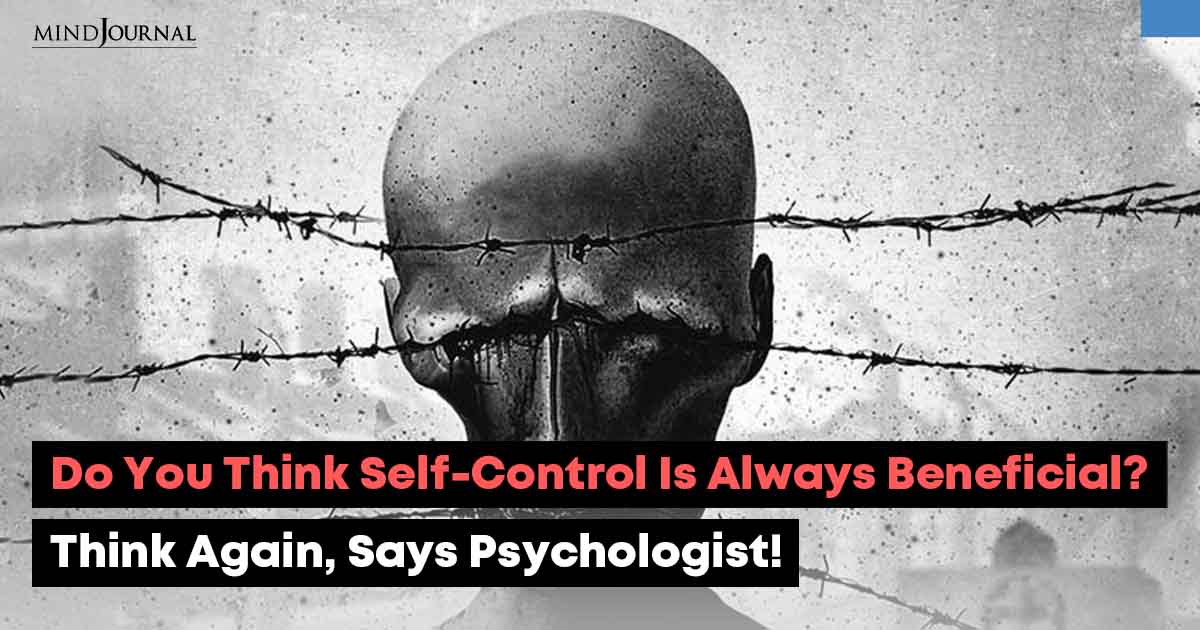
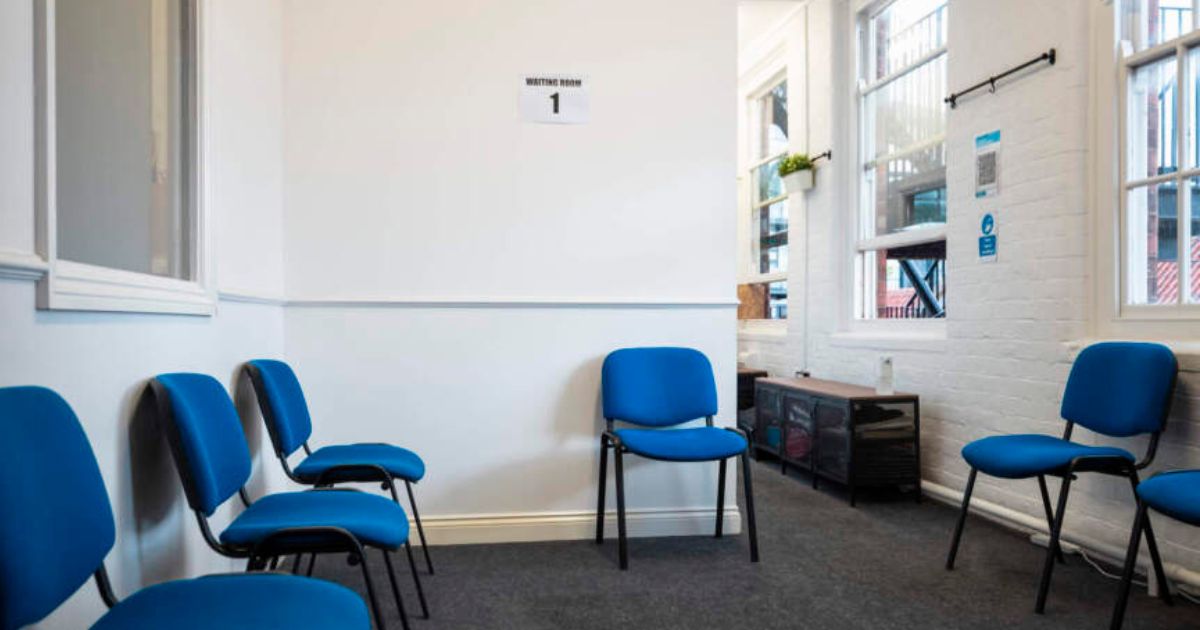



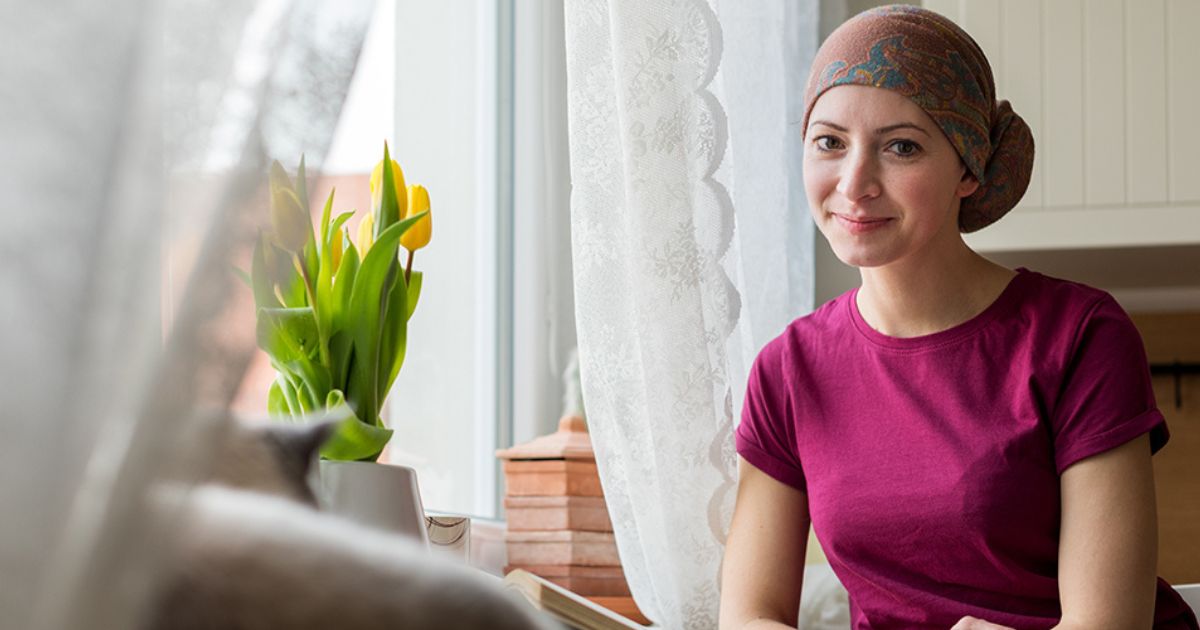


Leave a Reply
You must be logged in to post a comment.